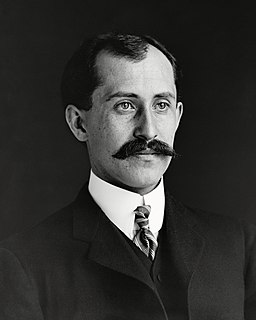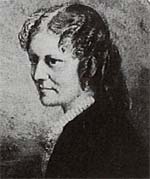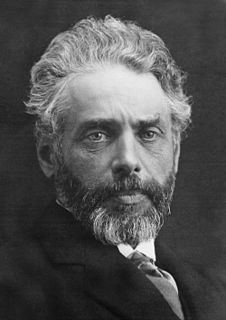A Quote by Gabriel Garcia Marquez
He sank into the rocking chair, the same one in which Rebecca had sat during the early days of the house to give embroidery lessons, and in which Amaranta had played Chinese checkers with Colonel Gerineldo Marquez, and in which Amarana Ursula had sewn the tiny clothing for the child, and in that flash of lucidity he became aware that he was unable to bear in his soul the crushing weight of so much past.
Related Quotes
I had various jobs, I taught a SAT class, I was a bartender, I had a day job at an office and was making short films. I got grants from NYSCA and NEA for an idea, which later became 'Huckabees,' about a guy in a Chinese restaurant who had microphones on every table and heard every personal conversation and would write perversely personal fortunes.
This rose became a bandanna, which became a house, which became infused with all passion, which became a hideaway, which became yes I would like to have dinner, which became hands, which became lands, shores, beaches, natives on the stones, staring and wild beasts in the trees, chasing the hats of lost hunters, and all this deserves a tone.
This past Thanksgiving, my father was at the farm, and I had all 11 dogs in the house with a father who never allowed dogs in the house. And he got up to leave the table and came back and Solomon was in his chair. And he says, "This dog is in my chair." And I said, "It's the other way around, you're sitting in his chair."
Poor Mr. Pickwick! ... If he played a wrong card, Miss Bolo looked a small armoury of daggers; if he stopped to consider which was the right one, Lady Snuphanuph would throw herself back in her chair, and smile with a mingled glance of impatience and pity to Mrs. Colonel Wugsby, at which Mrs. Colonel Wugsby would shrug up her shoulders, and cough, as much as to say she wondered whether he ever would begin.
Walter Benjamin knew that the break in tradition and loss of authority which occurred in his lifetime were irreparable, and he concluded that he had to discover new ways of dealing with the past. In this he became a master when he discovered that the transmissibility of the past had been replaced by the citability and that in place of its authority there had arisen a strange power to settle down, piecemeal, in the present and to deprive it of ‘peace of mind,’ the mindless peace of complacency.
Of course the Neverlands vary a good deal. John's, for instance, had a lagoon with flamingos flying over it at which John was shooting, while Michael, who was very small, had a flamingo with lagoons flying over it. John lived in a boat turned upside down on the sands, Michael in a wigwam, Wendy in a house of leaves deftly sewn together. John had no friends, Michael had friends at night, Wendy had a pet wolf forsaken by its parents.
It was as if the demise of the owner had lent the flat a physical void it hadn't had before. At the same time he had the feeling that he wasn't alone. Harry believed in the existence of the soul. Not that he was particularly religious as such, but it was one thing which always struck him when he saw a dead body: the body was bereft of something...the creature had gone, the light had gone,there was not the illusory afterglow that long-since burned-out stars have. The body was missing its soul and it was the absence of the soul that made Harry believe.
Christ was treated as we deserve that we may be treated as He deserves. He was condemned for our sins, in which He had no share, that we might be justified by His righteousness, in which we had no share. He suffered the death which was ours, that we might receive the life which was His. 'By His stripes we are healed.
But that had been grief--this was joy. Yet that grief and this joy were alike outside all the ordinary conditions of life; they were loopholes, as it were, in that ordinary life through which there came glimpses of something sublime. And in the contemplation of this sublime something the soul was exalted to inconceivable heights of which it had before had no conception, while reason lagged behind, unable to keep up with it.
Was it the act of giving birth that made you a mother? Did you lose that label when you relinquished your child? If people were measured by their deeds, on the one hand, I had a woman who had chosen to give me up; on the other, I had a woman who'd sat up with me at night when I was sick as a child, who'd cried with me over boyfriends, who'd clapped fiercely at my law school graduation. Which acts made you more of a mother? Both, I realized. Being a parent wasn't just about bearing a child. It was about bearing witness to its life.
The past--the wild charge at the head of his men up San Juan Hill; the first years of his marriage when he worked late into the summer dusk down in the busy city for young Hildegarde whom he loved; the days before that when he sat smoking far into the night in the gloomy old Button house on Monroe Street with his grandfather-all these had faded like unsubstantial dreams from his mind as though they had never been. He did not remember.






































